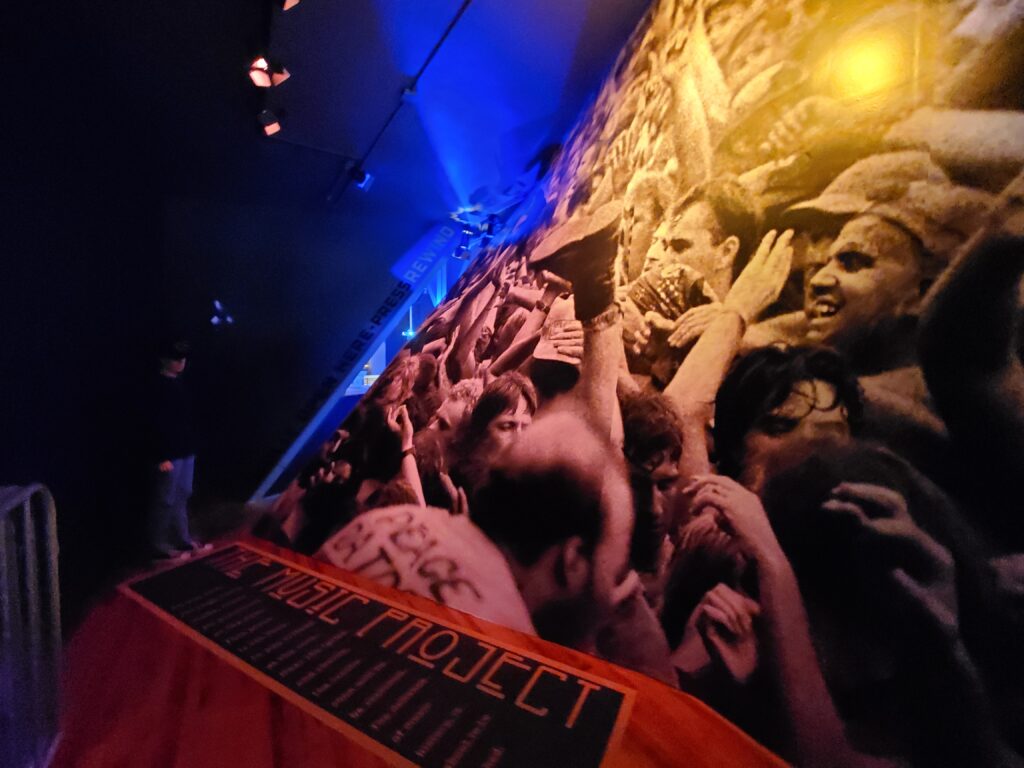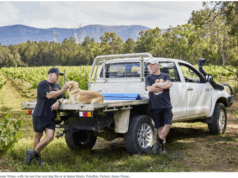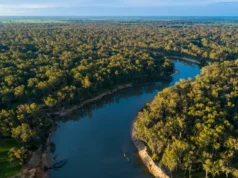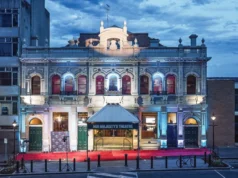
From the muddy banks of the Wishkah, the world beyond Aberdeen all but disappears, shrouded by trees, blurred by mist and swallowed by slick, stinking mud that sucks at your shoes, as if trying to entomb you in the kava-coloured river.
Fans of American rock band Nirvana will recognise those first seven words from the title of the band’s 1996 live album, released two years after the band’s troubled frontman Kurt Cobain took his own life at the age of 27. Located two hours’ drive southwest of Seattle, Aberdeen was Cobain’s hometown. It’s long been a pilgrimage site for Nirvana tragics, many of whom – like me – make a beeline for these squalid, muddy banks that Cobain knew so well.
A perpetually drizzly, fading forestry town with side hustles of gambling and prostitution, Aberdeen was never going to be the most nurturing environment for a skinny, sensitive, arty teenager. Cobain himself described the town as being “full of bigoted rednecks”, and his open hostility is likely part of the reason Aberdeen has never really embraced its most famous son. But that could be changing.
Read the full story here


